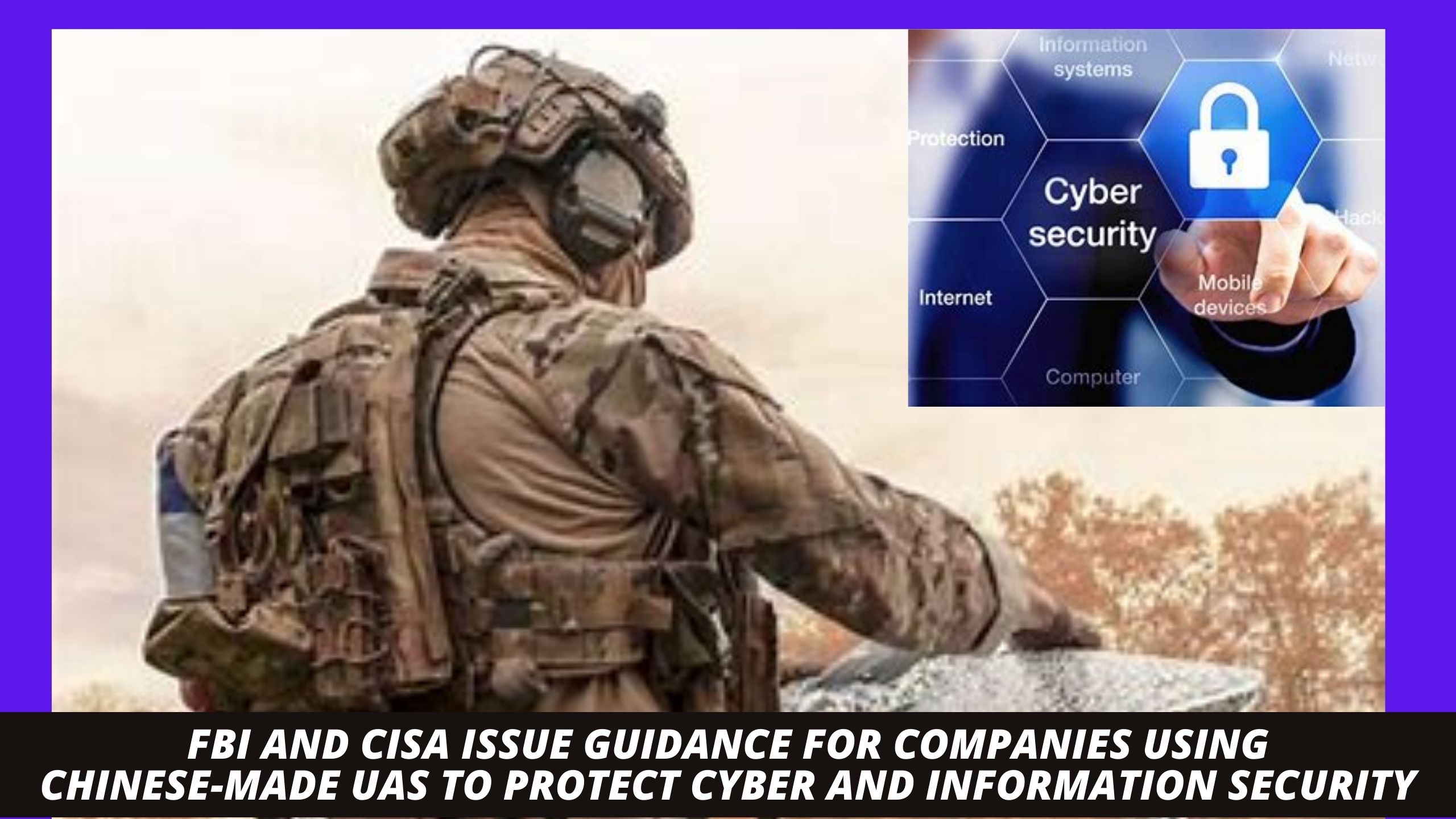CISA and the FBI have published crucial guidance on the security threats posed by Chinese-manufactured devices.

FBI and CISA issue guidance for companies using Chinese-made UAS to protect cyber and information security (Photo: Google)
CISA and FBI Warn of Critical Infrastructure Threats from Chinese UAS
Recently, the Cybersecurity and Infrastructure Security Agency and FBI provided a warning on the considerable cybersecurity dangers posed by uncrewed aircraft systems (UAS) built in China. Both agencies have warned that Chinese-made UAS, or drones, continue to threaten key infrastructure and U.S. national security, requiring urgent precaution and risk mitigation.
The PRC’s new rules allowing expanded legal ability to access and manage Chinese enterprises’ data have sparked concerns about Chinese-made UAS being vulnerable to data theft and network intrusions. This guideline emphasizes the necessity for enterprises to use Chinese-made UAS cautiously to protect networks and sensitive data and mitigate risk in their operations and supply chains.
The advice emphasizes the PRC’s comprehensive national security, cybersecurity, and data privacy rules and regulations. With rules that affect data access and control, these laws have expanded the PRC’s oversight of domestic and foreign firms. Data transfer vulnerabilities to compromising sensitive data are a major concern under PRC legislation and monitoring.
READ ALSO: US Lawmakers Demonstrate Support For Taiwan With Visit Amidst Presidential Election
According to the guidelines, firms should use encryption and VPNs to secure drone communications during operations to ensure data confidentiality and integrity. The Association for Uncrewed Vehicle Systems International (AUVSI) has also warned against using unsafe PRC drones and foreign supply chains to improve national security.
China-made UAS pose cybersecurity risks, so organizations must prioritize secure and domestic drone technologies to protect sensitive data and critical infrastructure, according to FBI-CISA cybersecurity guidance. The advisory intends to raise awareness, encourage cautious UAS adoption, and support sustainable U.S. cyber and information security initiatives.
READ ALSO: Democratic Lawmakers Urge Halt To Controversial China Initiative Revival
























